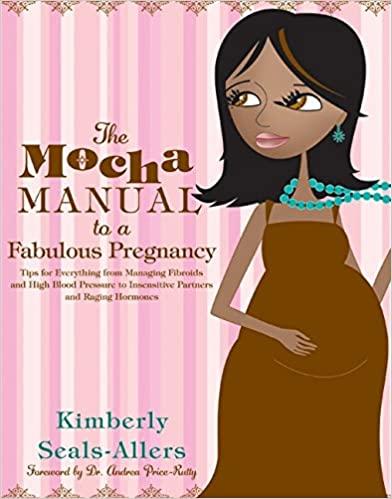
Dr. Aldene's blog
Aldene Zeno, MD is a board-certified urogynecologist in Glendale, CA, and greater Los Angeles, increasing awareness of pelvic floor disorders, sexual dysfunction, and fitness.
She blogs regularly on topics that interest her in the field of urogynecology, with particular emphasis on the various pregnancy issues faced by women of all races and nationalities.
Other related topics include whether or not to hire a doula, candid looks at her early days in the medical field, and even the relationship between religion and sexuality.
Check back here often for new content, and you can also find her at Medium.com where there are archives of her previous writings.

What is the Optimal Time to Recover from Birth or Pelvic Surgery?
But that doesn’t mean you should be on bedrest, either…
Six weeks is commonly the timeframe many obstetricians advise “pelvic rest” for women after birth, which is the same advice many gynecologists give their patients after pelvic surgery. The typical spiel is that women during that time should avoid anything inside the vagina, including intercourse, tampons, and submersion in water (ex. hot tubs, pools, baths). In that same window, women are often advised to avoid heavy lifting and exercise. After that, women are often given the ok to resume normal life. But at six weeks after my baby, why didn’t I feel ready to jump back into my normal activities?

My Comments on Religion and Vaginal Pain
Happy Sunday! Today I’ve been thinking about how religion plays a role in women’s sexuality, particularly among religiously conservative black women.
I’ve been wondering the last few years if I know more people with vaginal pain than the general population. Growing up in a religiously conservative household, then attending Christian high school and colleges (undergrad and then a Catholic medical school), I know that celibacy before marriage is one of the utmost virtues for Christian single women. I saw this type of modesty not only in Christian circles, but also among Islamic women while in residency in Northern California.

A Pregnancy Reading List for Brown Girls - For Each Trimester and Beyond
Most of my pandemic clinics have been in person, but the occasional working from home gave me time for some leisure reading in pregnancy
There’s the old saying, “don’t judge a book by its cover,” but when most of the pregnancy book covers feature white women or white authors, I had to create my own diverse and inclusive reading list. So here it is:
First Trimester (weeks 0–14): pregnancy explained

My Thoughts on Mesh for Prolapse and Incontinence
Chances are you may have seen the attorney commercials: “Are you suffering from vaginal mesh?” This implant has come under fire over the last decade due to complications such as mesh migrating into other pelvic organs, chronic pelvic pain, infection…the list goes on. And yet, some vaginal mesh remains on the market, while others are no longer commercially available. With multiple messaging around vaginal mesh, it can be confusing. Is there any safe application for vaginal mesh these days?
Not All Mesh are Created Equal
Before I go into the safety profile for different types of mesh used in pelvic surgery, it’s important to know that there are 3 main different types.

Squats During Pregnancy - What's the Story?
Squats are a movement we do in our everyday lives, whether it’s lifting a basket of laundry off the ground, picking a baby up off of their floor play mat, or bracing to lift a heavy bag of pet food. If an individual has no other limitations, start squatting early in pregnancy and continue into labor. We think of it as a strengthening exercise, but it is also a great stretch for relaxing pelvic floor muscles, which is necessary to allow an infant to get through the birth canal. The squat position is likely what most females have used throughout history for vaginal birth. The “lithotomy” (or laying down) position for vaginal birth has been a recent change with modern techniques in anesthesia.
Can I do Full Squats When Pregnant?
Pelvic Health for Brown Girls - Dr. Alene's Blog
Dr. Aldene’s Care Philosophy
Having done surgical missions in Guatemala, the Philippines, and Uganda, she recognizes the universal impact pelvic floor disorders have on women’s quality of life. Dr. Zeno uses evidence-based medicine to help patients choose treatments that help them thrive through womanhood. She supports multi-disciplinary collaboration with medical colleagues, pelvic floor physiotherapy, acupuncture, and non-medical healers in order to optimize patient outcomes. Prior to joining the OB/Gyn and Incontinence Center at Glendale Adventist, she was a faculty physician at the University of Southern California. She is a native English speaker with advanced Spanish proficiency from her previous role as a medical Spanish translator.
Pelvic Floor Issues
Percentage of U.S. women who live with bladder leaks, accidental bowel leak, or vaginal hernias (prolapse)
Advanced Care
Less than 1 in 10 women receive advanced care for bladder leak despite most covered by insurance
Prolapse Problems
Percentage of women who undergo surgery for prolapse
Incontinence is Common
1 in 3 women 60 and older suffer with bladder leaks



